Digital technology role in achieving financial inclusion via Sudanese microfinance mobile banking adoption (Prof. Elsadig Musa Ahmed and Anwar Ammar, Multimedia University, Malaysia)
Prof. Elsadig Musa Ahmed, Multimedia University, Malaysia
Abstract: In several incidents, digital technologies boosted growth, expanded opportunities, and improved service delivery. Their aggregate impact has fallen short and is unevenly distributed. For digital technologies to benefit everyone everywhere requires closing the remaining digital divide, especially in interment access. But greater digital adoption will not be enough. In this respect, financial inclusion refers to guaranteeing households and businesses, notwithstanding of income levels access and use suitable financial services needed.
Purpose: This study attempts to apply one of the most significant knowledge economy drivers Information and Communications Technology (ICT) applications for mobile banking (M-bank) adoption by both customers and Microfinance Services Providers (MFPs) to increase the outreach of Sudanese microfinance sector services.
Design/methodology/approach: This research tries to examine the factors that influence the adoption of M-banking by microfinance sector in Sudan. In this respect, hypotheses were developed guided by the Unified Theory of Acceptance and Use of Technology (UTAUT) and Technology-organization-Environment (TOE) models. Primary data were collected from MFPs and microfinance customers in Sudan using both quantitative and qualitative (questionnaires and interviews) approaches.
Findings: Access to financial service has become a key phenomenon for economic development and poverty alleviation. Microfinance is one way of fighting poverty in Sudan, where most citizens are in need to it. However; despite of the initial results showing a positive impact of microfinance on the livelihood of low income people in Sudan, around 8 million of the Sudanese poor people are excluded from microfinance services. One potential remedy for the limited outreach of microfinance in Sudan may lie within enhancing the capacity of microfinance services providers (MFPs) in the utilisation of modern technology. The recent innovation in providing financial services in convenient and efficient way is the use of M-banking technology in microfinance. M-banking promises to increase the efficiency and outreach of microfinance services in developing countries. The main findings are that Mbanking adoption intention by microfinance customers was strongly influenced by four major factors, effort expectancy, performance expectancy, perceived creditability, and self-efficacy. Besides, age, gender, education level, income and previous mobile experience were found to have a moderating effect on the customer mode.
Originality: The results of the study lead to the conclusion that the government, regulatory authorities, and other related agencies should consider the highlighted technology, organisational and external factors for businesses, and the identified behavioral dimensions and perceptions for consumers when strategising their plan to expedite the Sudanese microfinance sector migration to m-banking.
Keywords: Knowledge economy, ICT, mobile banking, Sudanese microfinance sector
